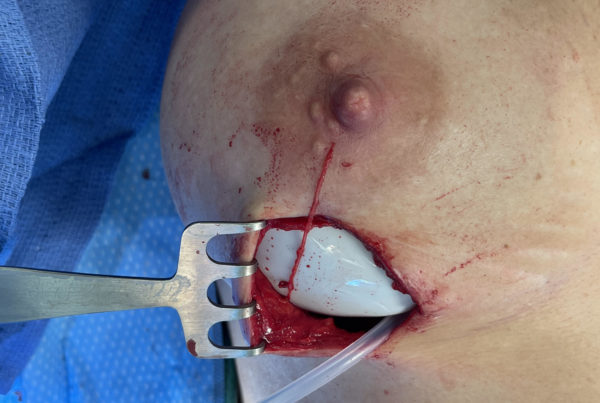As I have written previously, neur-algia simply means ‘nerve pain’. The question always becomes, can you figure out which ‘neur’ (i.e., nerve) is causing the ‘algia’ (i.e., pain). Secondly, if you can figure that answer out, what can you do about it? That being said, temporal neuralgia refers to nerve pain occurring in the temple regions of the head/face. As with the frontal region, there are two primary nerve targets when it comes to surgical intervention for temporal neuralgia: the auriculotemporal and zygomaticotemporal nerves. The former emerges just above and in front of the helical root (i.e., where your ear meets your temple) and ascends toward the crown of the scalp. The latter emerges just to the side of your eye socket bone toward the front of the temple and ascends toward the anterior hairline. Not uncommonly, there are branches of the auriculotemporal nerve that extend toward the zygomaticotemporal nerve and vice versa.
While symptoms can vary from patient to patient, there are some general characteristics that are typical of the pain symptoms in patients suffering from temporal neuralgia. First of all, both of the nerves mentioned above are often located next to relatively large blood vessels. Therefore, as those blood vessels dilate and impact the adjacent nerves, they cause a throbbing/pounding sensation that is quite common. Patients may also experience altered sensations such as tingling in the temples often extending to the crown of the head. Many of the patients that I have seen over the years have been evaluated for TMJ disorders and have a history of grinding their teeth at night. In addition, with pain in this location, it is important to obtain imaging of the brain at some point to rule out intracranial pathology such as abnormalities of the inner ear or acoustic neuromas which are often benign brain tumors, but ones that can be quite large and cause pressure on the nerves in the general area.
If you have pain with characteristics as we have noted above and have failed conventional therapy, a compressed or irritated zygomaticotemporal/auriculotemporal nerve may be the cause of the discomfort in your case. In addition to a comprehensive history and physical examination, successful results with diagnostic nerve blocks are essential for determining whether surgical intervention is likely to be effective. If you have history and physical examination suggestive of temporal neuralgia as well as a good (albeit temporary) result with nerve blocks, surgical decompression of these nerves is likely to be effective long-term.
Find out more about treating your migraine symptoms by contacting us HERE.





